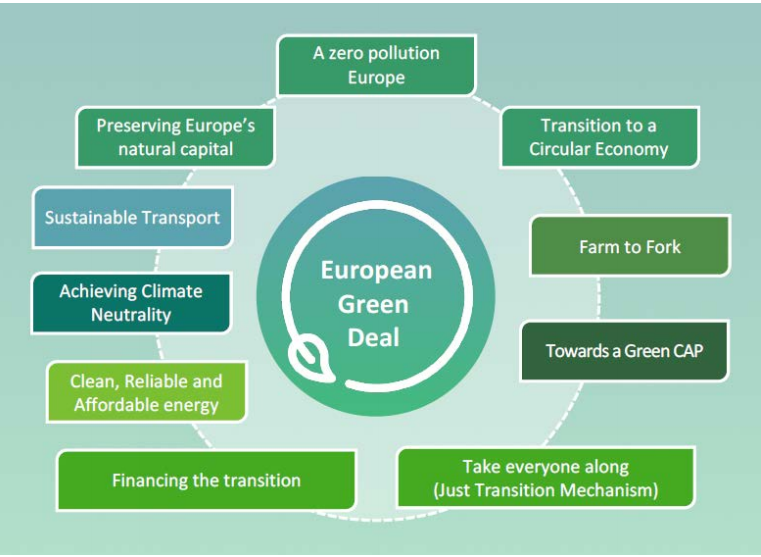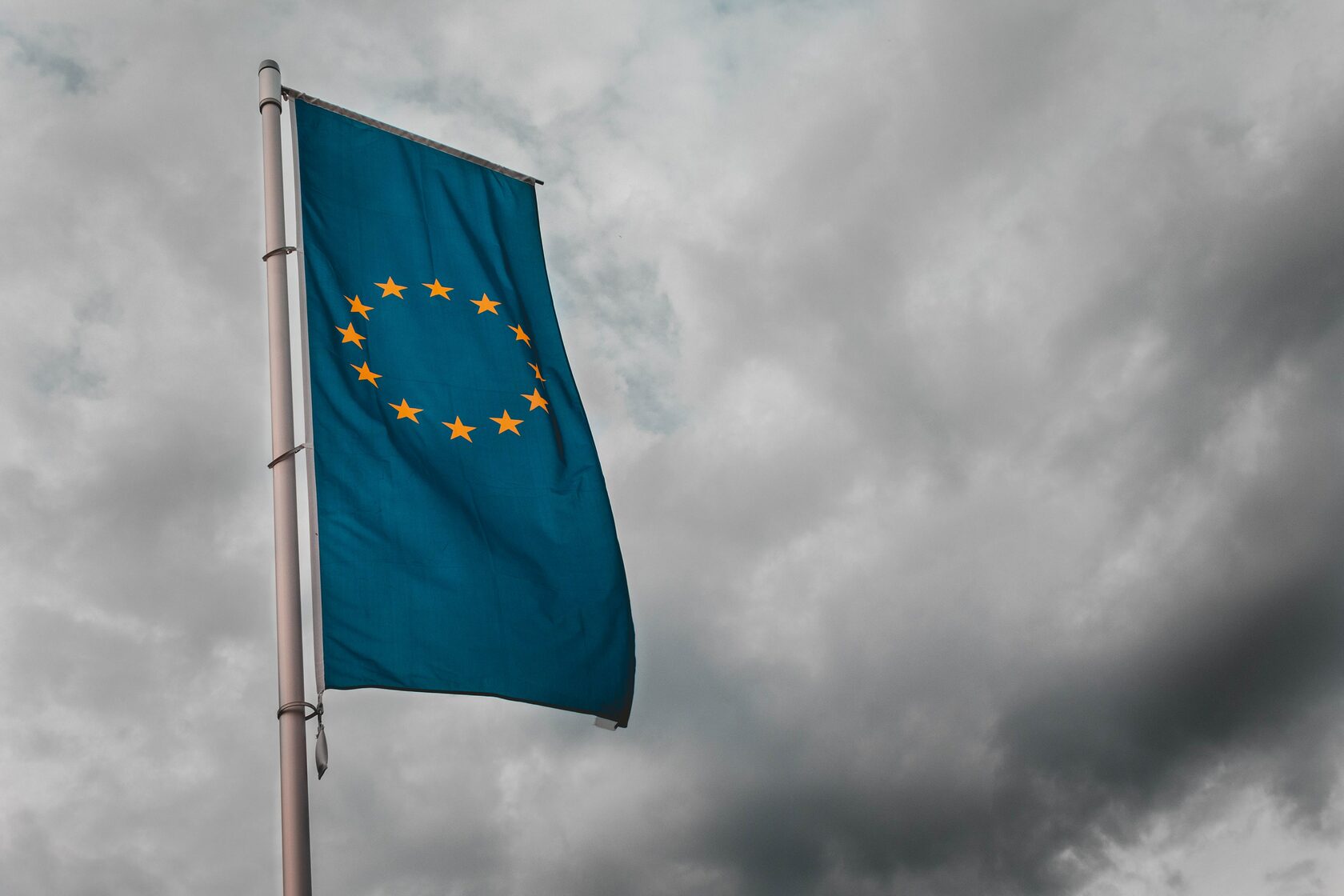This article will dive deep into the current regulatory trends in sustainable finance on the EU level. What is the legislative framework that regulates companies in this area? What are the key legislative acts you should be aware of? We will help you navigate European legislation's wild west and set your business on a more sustainable development path.
What is the sustainable finance EU policy?
The European Union would like to become a leader in sustainable action and has put up several initiatives to channel private investment into the transition to a climate-neutral and fair economy. In terms of global commitments, several of these initiatives are built on the UN Sustainable Development Goals and the Paris Agreement's conclusions, which aim to limit global temperature rise to below 2°C, preferably below 1.5°C.
The EU sustainable finance policy is a comprehensive framework for achieving that, with regulations and guidelines to mobilise private capital towards sustainable and climate-friendly investments. It is part of the broader EU political context of promoting sustainability and combating climate change. It includes a range of initiatives, such as creating a taxonomy of sustainable activities, establishing disclosure requirements for financial institutions, and introducing sustainability benchmarks. The flagship of these efforts is the Green Deal.
European Green Deal
The European Green Deal is a comprehensive plan to make the EU's economy sustainable and climate-neutral by 2050. To get there, the EU member states pledged to reduce emissions by at least 55% by 2030, compared to 1990 levels. The Green Deal covers all sectors of the economy and, in addition to reducing emissions, also focuses on biodiversity restoration and environmental protection in general. The sustainable finance policy is essential for achieving the goals by mobilising private capital towards sustainable and climate-friendly investments.

Picture source: https://bit.ly/3JOOljo
EU taxonomy
One of the key pillars of the EU sustainable finance policy is the EU taxonomy, a complex classification system establishing which economic activities can be considered environmentally sustainable. The taxonomy helps investors make informed decisions about the environmental sustainability of their investments and to help companies understand which activities are considered sustainable under the EU's environmental objectives. Thus, it helps achieve the European Green Deal’s goal to make the EU a climate-neutral economy by 2050.
The Taxonomy Regulation establishes six environmental objectives:
- Climate change mitigation
- Climate change adaptation
- The sustainable use and protection of water and marine resources
- The transition to a circular economy
- Pollution prevention and control
- The protection and restoration of biodiversity and ecosystems
Under the Taxonomy Regulation, the Commission has to establish the actual list of environmentally sustainable activities by defining technical screening criteria for each environmental objective through delegated acts. In 2021 the first delegated act, which covers the first two objectives, was published. This act is applicable from January 2022. In March 2022, the Commission adopted the Complementary Climate Delegated Act, which adds additional activities from the energy sector, in particular specific nuclear and gas energy activities. The Act applies from 1 January 2023. The Environmental Delegated Act, which would cover the four remaining objectives, is currently underway.
You can find more on the EU Green Deal and the EU Taxonomy here.
Corporate Sustainability Reporting Directive (CSRD)
The key legislation in place is the Corporate Sustainability Reporting Directive (CSRD) which requires companies to disclose their impact on the environment and people. Adopted in late 2022, the CSRD is building on the Non-Financial Reporting Directive (NFRD), introducing more detailed reporting requirements and expanding the number of companies that must comply. The non-financial reporting will be mandatory, and companies will need to submit it onannuallyThe application will start on 1 January 2024, for the 2023 financial year, initially impacting only a limited number of companies before entering full force the subsequent years.
For more details on the CSRD, look at our previous blog post.
Sustainable Finance Disclosure Regulation (SFDR)
Another vital element of the EU sustainable finance policy is the Sustainable Finance Disclosure Regulation (SFDR), which requires financial market participants and advisers to disclose how they integrate sustainability risks into their investment decision-making processes. The SFDR also requires them to disclose information on the sustainability characteristics of their products and services. The regulation was developed to improve transparency in the financial market regarding sustainability disclosure and to fight greenwashing. The regulation entered into force in March 2021. Starting 30 June 2023, the financial market participants must disclose additional information on how they integrate ESG factors into their policies.
The EU legislative framework on sustainable finance is developing rapidly. Several acts have already entered into force, and others are expected to apply soon. This article provides an overview of what is out there and where national regulators and companies should focus. Look out for our follow-up article focusing on the Czech legislative landscape. If you’d like help mapping legislation relevant to your business, let us know.
Eva Mariničová


